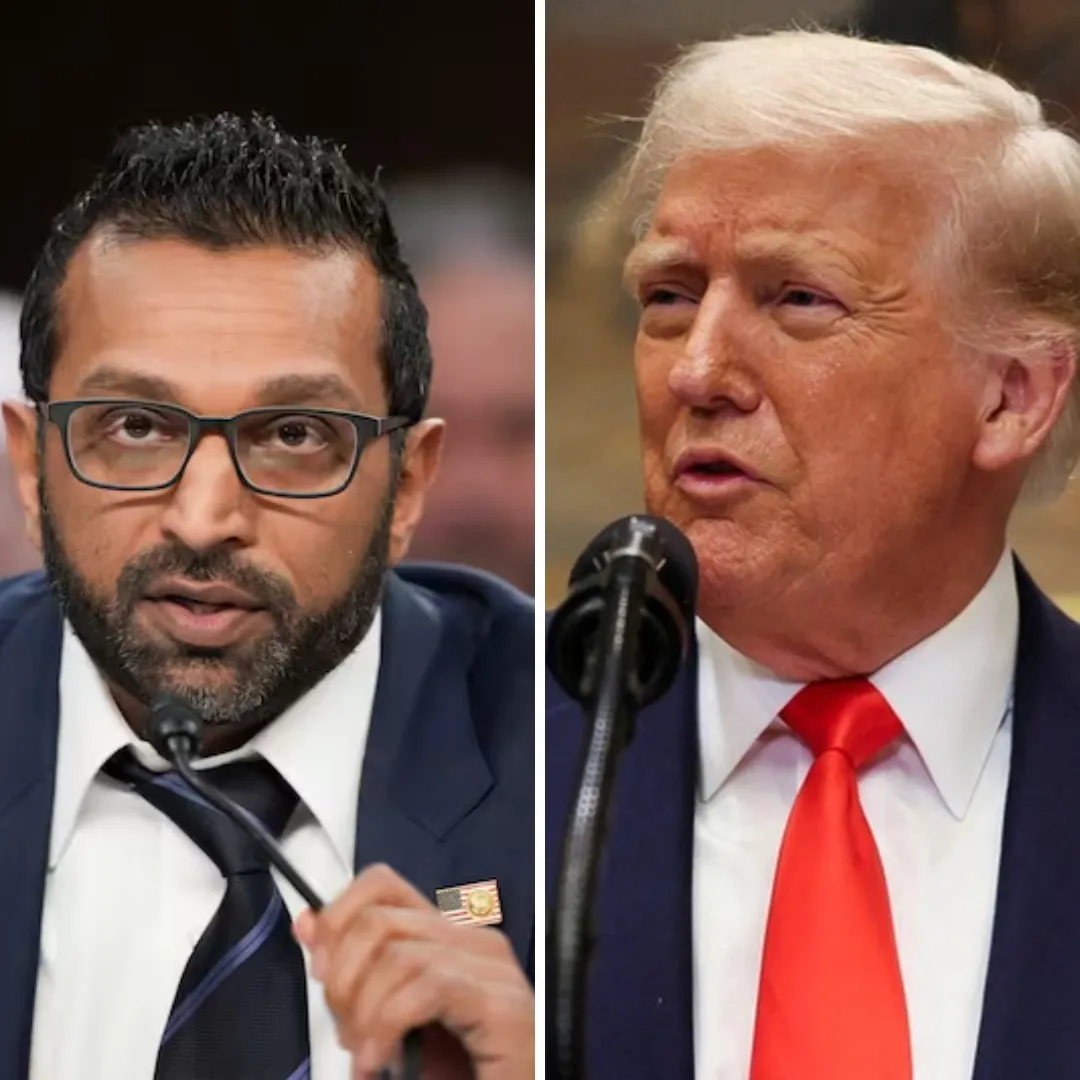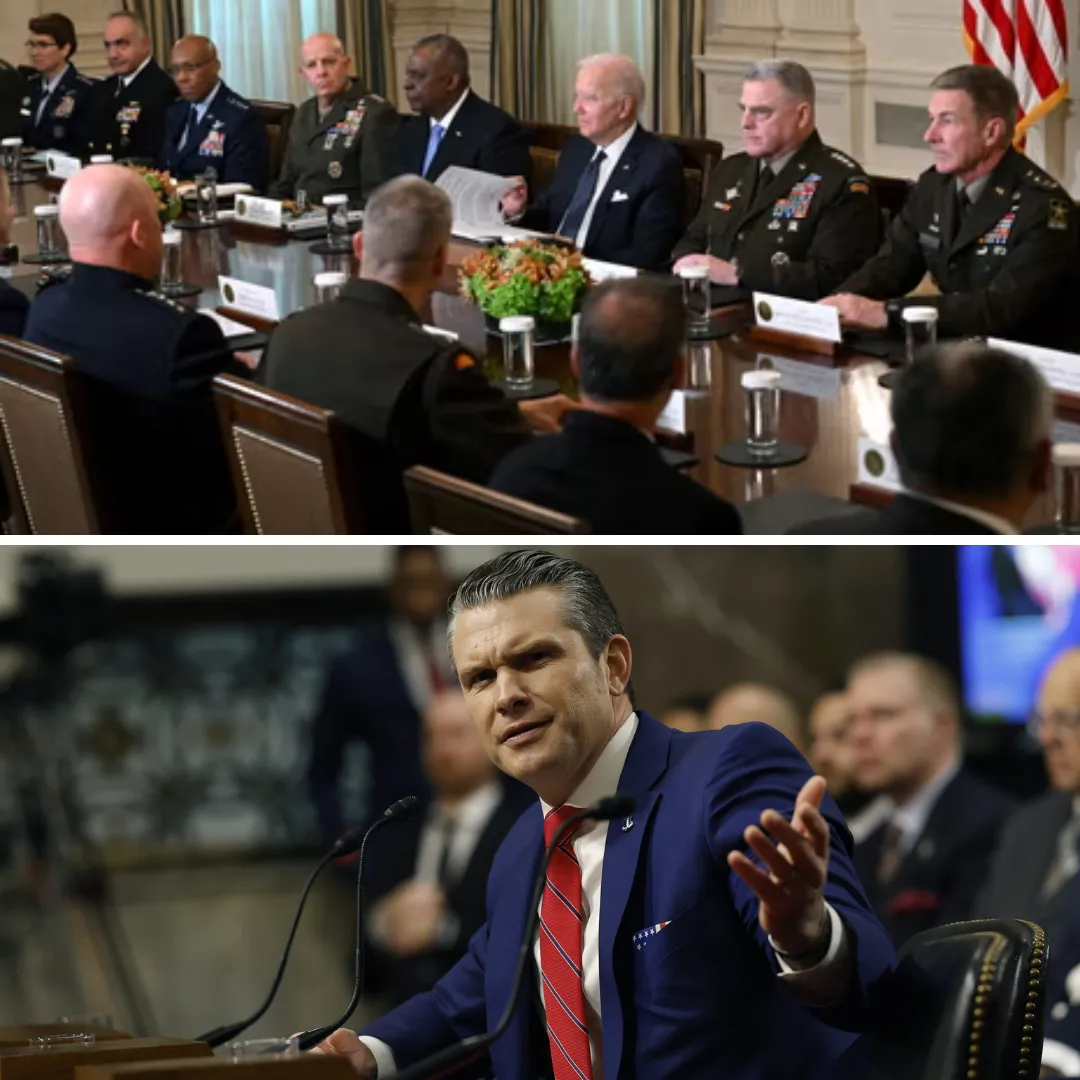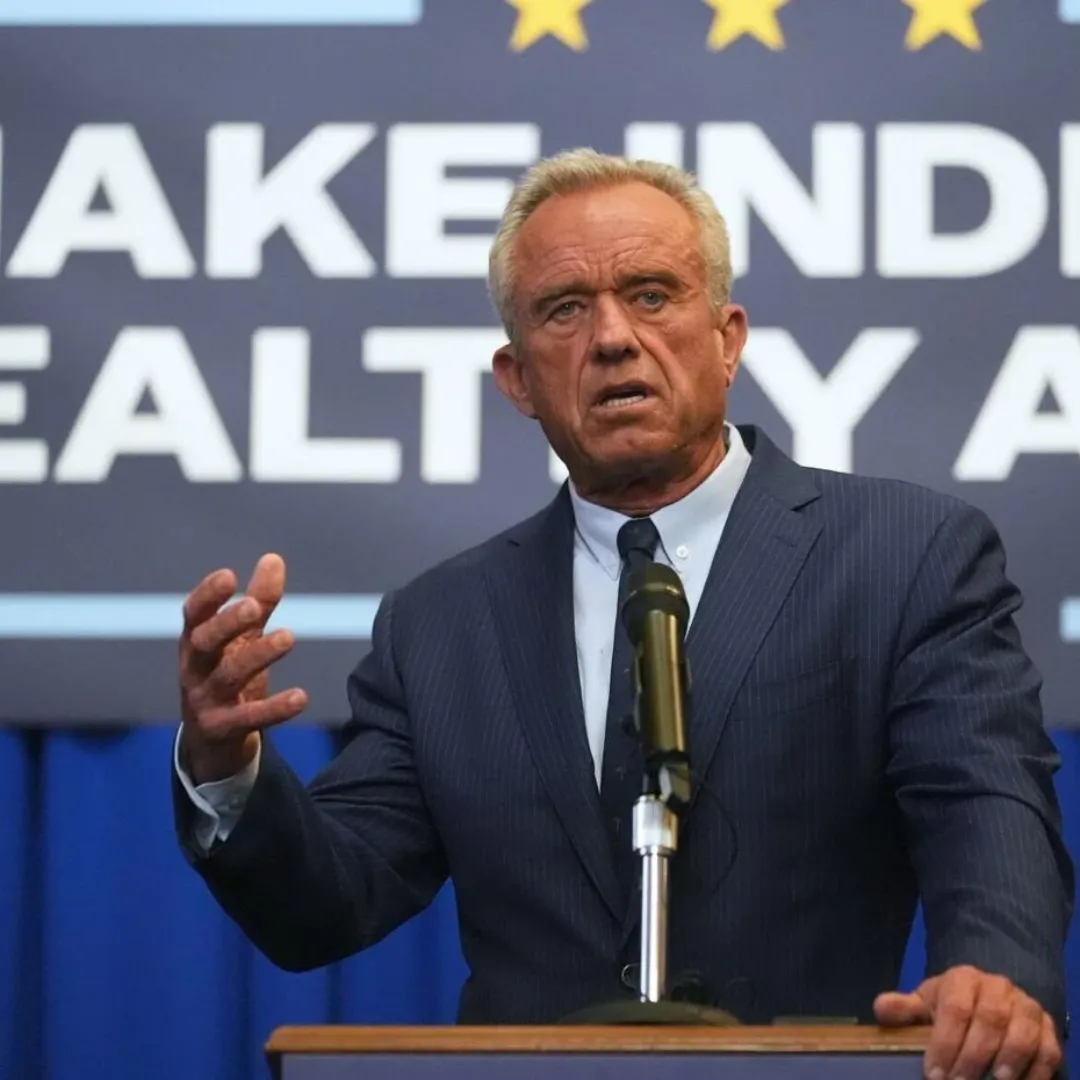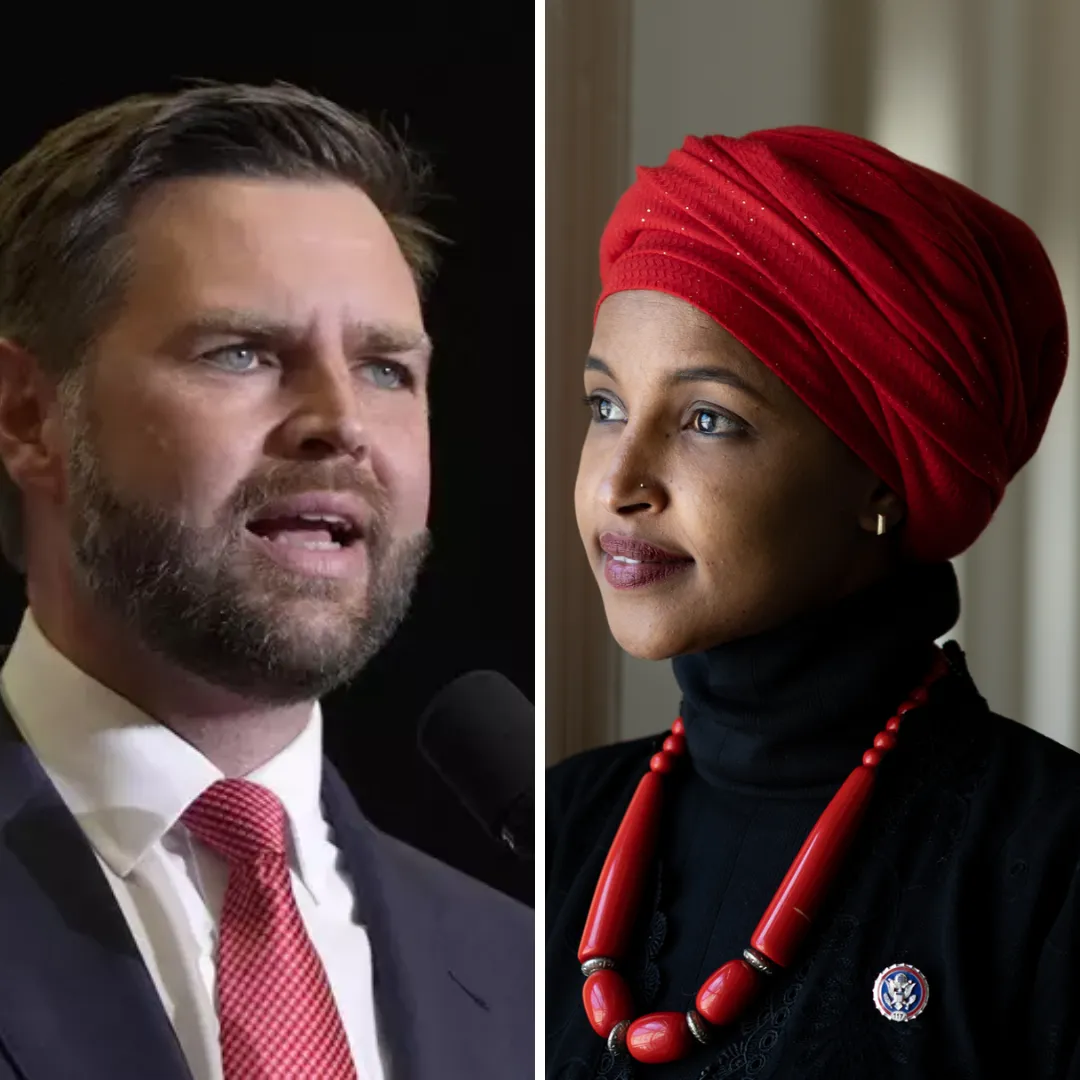
In an era when politics often blurs with spectacle, Dr. Phil McGraw added another surreal layer to the Donald Trump saga during a National Day of Prayer event at the White House by calling the embattled president a man of “deep conviction” and “deep faith.”
While the comment appeared to be a heartfelt endorsement of Trump’s spiritual strength and leadership, the internet wasted no time flipping the phrase on its head, weaponizing the word “conviction” to remind everyone of the former president’s very real—and very recent—criminal record.
Dr. Phil’s remarks were delivered with the solemn cadence of a preacher on a mission. “I’ve sat with President Trump with no cameras around, nobody listening, nobody watching,” he said, addressing a crowd of religious leaders, supporters, and administration officials.
“And I’m telling you, this is a man of deep faith, a man of deep conviction. This is a man who wants this country to have a heart, to have religion, and God bless America for giving us President Donald Trump.” The statement was met with applause, cheers, and a nod of approval from Trump himself, who stood nearby beaming with satisfaction.
But while the crowd in front of Dr. Phil celebrated the moment, a much larger crowd online turned it into a comedic spectacle. The word “conviction,” in the context of Donald Trump, now carries a legal gravity that far outweighs its spiritual or philosophical meaning.
Within minutes, social media users began posting sarcastic replies and memes mocking the irony of calling a man convicted on 34 felony counts “a man of conviction.”
“34 convictions, actually,” one user wrote dryly, setting off a storm of replies and reposts. “He’s definitely a man with convictions... 34 so far,” added another. “Yes, CONVICTED 34 times! Very deep,” someone else chimed in.
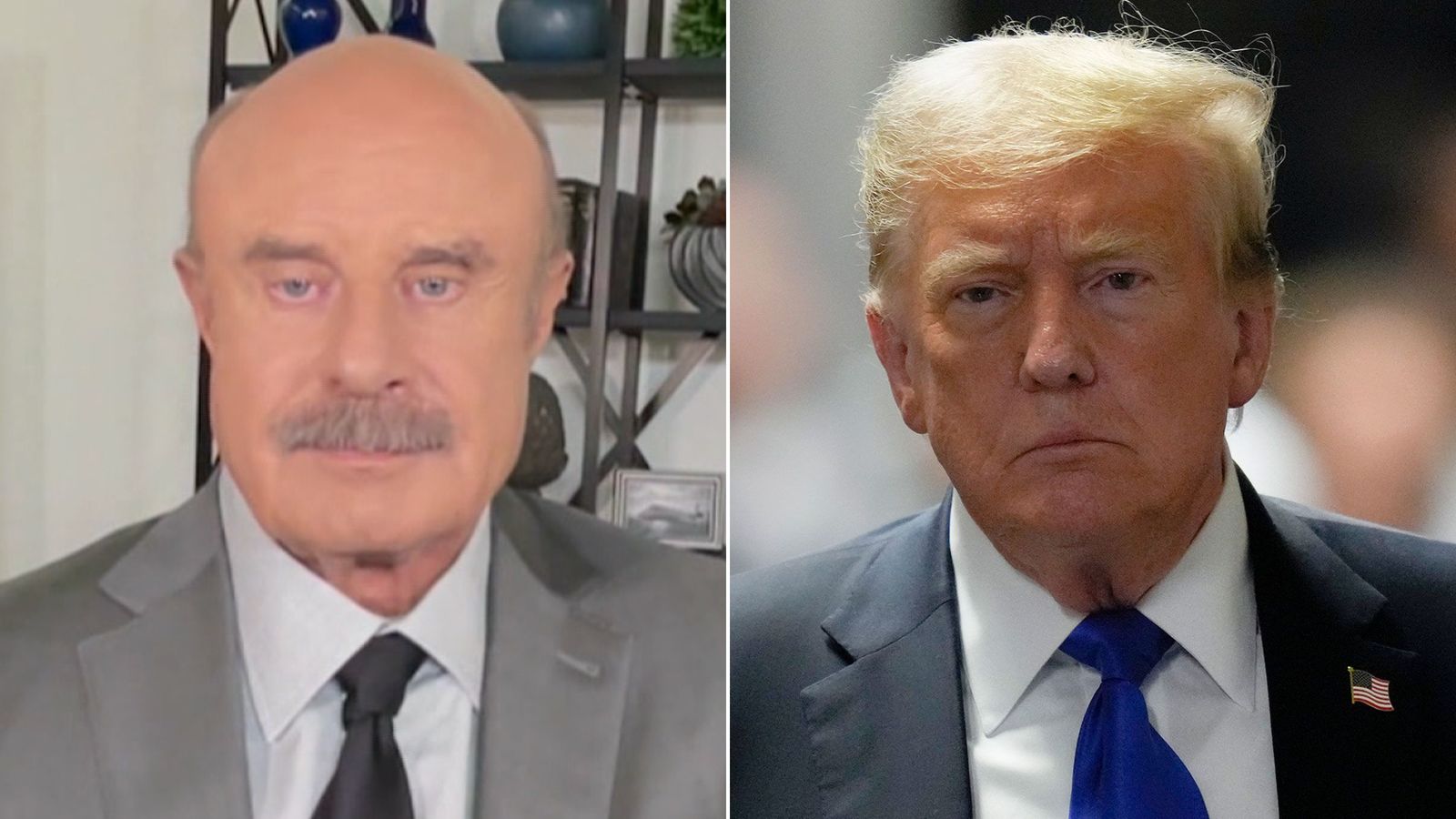
Others responded with meme edits, turning Trump’s photo into mock religious portraits with text like “Saint Convictus” and “Our Lord of Indictments.” In typical internet fashion, the phrase “deep conviction” quickly became both a trending topic and a punchline.
This viral backlash comes just weeks after Trump was found guilty in a Manhattan courtroom of falsifying business records related to hush money payments to adult film star Stormy Daniels. The scheme, prosecutors argued, was intended to bury damaging information during the 2016 election cycle.
The jury agreed, convicting the former president on all 34 counts—making him the first former or sitting president in U.S. history to be convicted of felony crimes. That case, detailed by NPR and other major outlets, marked a seismic shift in American legal and political history.
Despite the gravity of the charges, Trump and his supporters have tried to frame the verdict as a partisan attack rather than a criminal judgment. His legal team has vowed to appeal, while Trump himself has continued to campaign as though nothing happened, repeating the claim that he is the victim of a “rigged system.”
That framing, however, has not erased the fact that a jury of ordinary citizens examined the evidence and found him guilty on every count.
For Dr. Phil to describe Trump as a man of “deep conviction” without acknowledging the elephant in the room was, for many critics, either an act of willful ignorance or calculated flattery.
Either way, the fallout was swift. Online critics accused Dr. Phil of whitewashing Trump’s criminal record and participating in a culture of denial that has become all too common in Trump’s orbit.
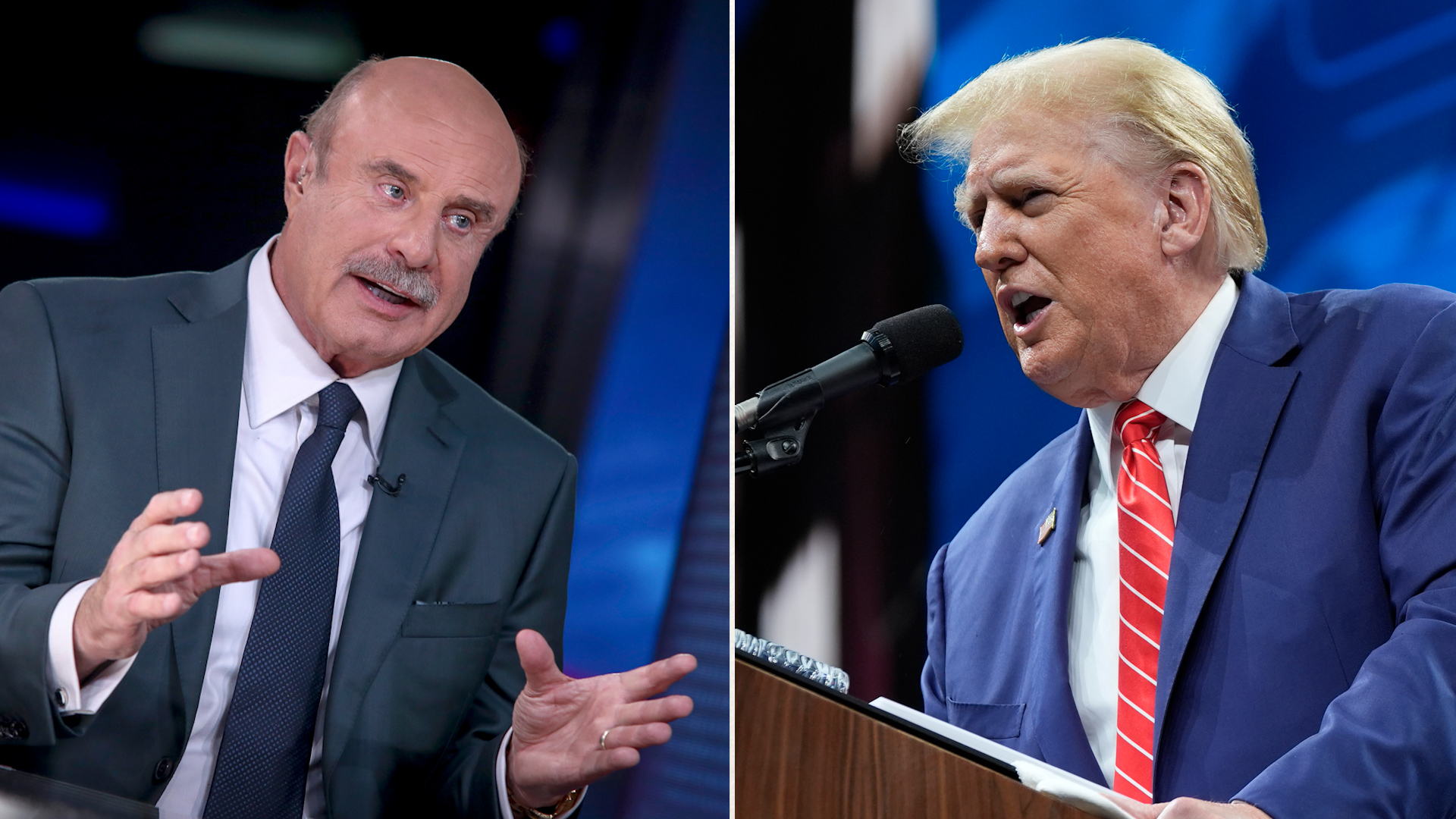
More than just a viral moment, the controversy highlights the broader collision between Trump’s legal reality and the parallel narrative his supporters continue to construct around him.
While one side sees a convicted felon unfit for public office, the other sees a persecuted hero rising above political attacks. Dr. Phil’s comments were not just a throwaway soundbite—they were a revealing glimpse into how Trump’s most loyal allies continue to reframe his criminal liability as moral authority.
The timing of Dr. Phil’s remarks is also important. The National Day of Prayer is meant to be a unifying event centered on spiritual reflection and national humility. Instead, it became yet another stage for Trump’s ongoing campaign to recast himself as a martyr for the conservative cause.
By aligning himself so closely with religious symbolism, Trump is once again positioning himself as the chosen vessel of a divine political mission—one that conveniently overlooks indictments, criminal trials, and ethical scandals.
The legal troubles facing Trump extend beyond the hush money case. He has also been investigated for mishandling classified documents after leaving the White House in 2021. That investigation, led by Special Counsel Jack Smith, culminated in a surprising twist when Smith requested that the charges be dropped shortly after Trump’s 2024 election victory.
According to ABC News, the decision was driven by a combination of political considerations and legal ambiguity around executive privilege—another example of Trump eluding accountability through technicalities, not innocence.
And yet, Trump’s ability to control the narrative remains unmatched. The 2024 election saw him regain the presidency, proving that a felony conviction, multiple civil lawsuits, and a mountain of legal baggage are not enough to deter his core supporters.

Figures like Dr. Phil, who might once have steered clear of overt political endorsements, are now lining up to offer public affirmations of Trump’s leadership—often couched in religious or moral language that glosses over the realities of his record.
For many Americans, this dissonance is more than just frustrating—it’s dangerous. To watch respected public figures praise a man with 34 felony convictions as a beacon of moral conviction sends a message that truth and accountability are optional.
It reinforces the idea that loyalty matters more than law, and that power, once seized, can rewrite the meaning of guilt itself.
In the face of such distortions, satire becomes a form of resistance. The internet’s swift response to Dr. Phil’s remarks was not just about jokes—it was about reasserting facts in an environment increasingly polluted by misinformation and propaganda.
By pointing out the absurdity of calling Trump a man of “deep conviction,” users were engaging in a digital form of fact-checking, reminding the world that words still mean something.
And while Dr. Phil likely intended his speech to be a heartfelt tribute, it inadvertently shined a spotlight on the surreal political theater that surrounds Trump.
It exposed the ways in which language can be manipulated to obscure truth and elevate falsehood, turning a criminal conviction into a badge of honor. That such a moment occurred during a national event meant to promote unity and faith only deepens the irony.
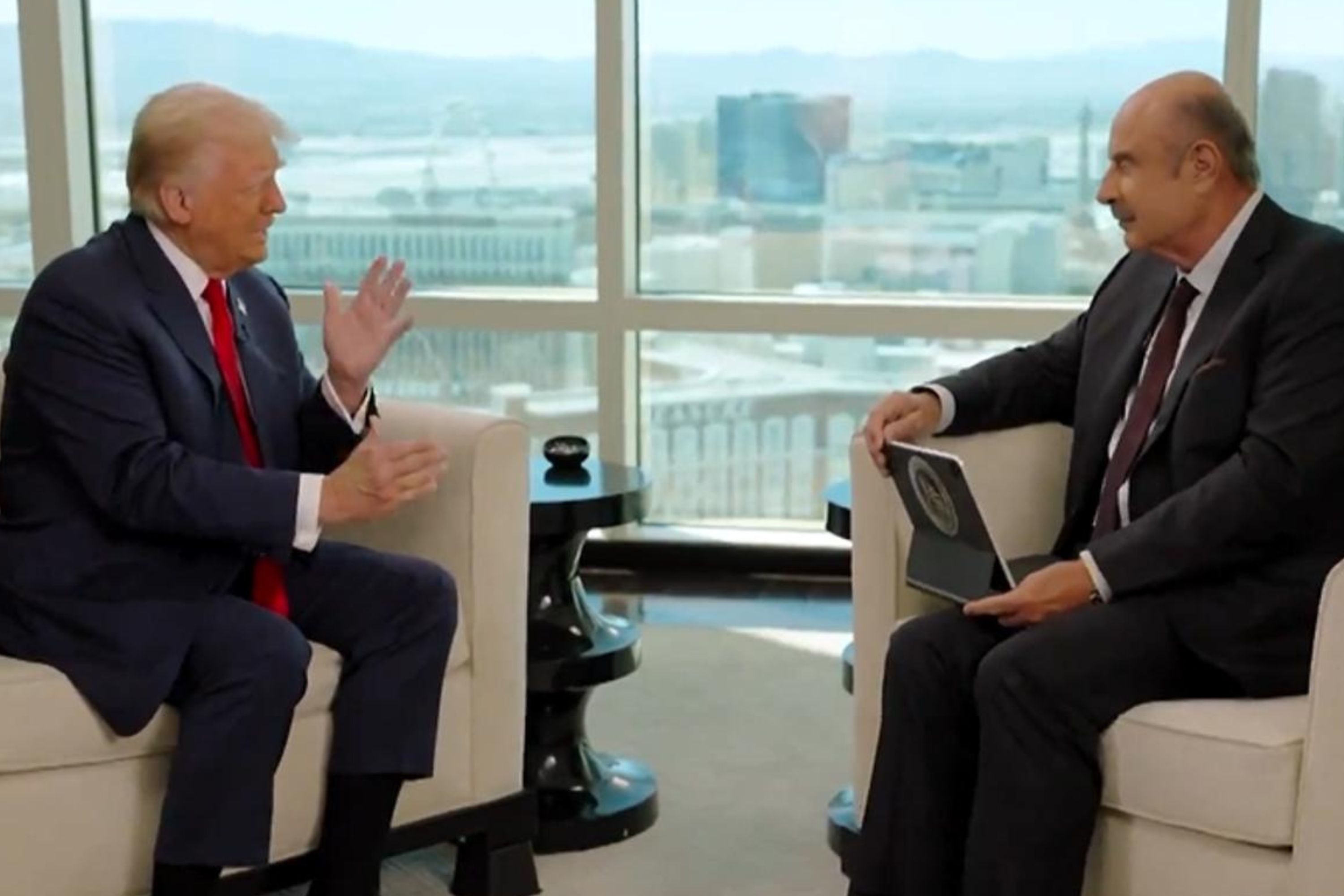
In the days following the speech, public reaction has remained sharply divided. Conservative outlets praised Dr. Phil for his courage in standing with Trump, while progressive voices ridiculed the moment as yet another sign of the GOP’s moral collapse.
Political analysts pointed out that such endorsements—no matter how exaggerated or absurd—are part of a broader strategy to normalize Trump’s criminal record and inoculate him against future scandals.
Whether Dr. Phil's comments will have any lasting impact remains to be seen. But they serve as a potent reminder of how far political discourse has drifted from the facts, and how easily celebrity praise can mask the consequences of criminal behavior.
In this political moment, even a phrase as seemingly innocent as “deep conviction” can carry the weight of a nation’s unresolved crisis of accountability.
